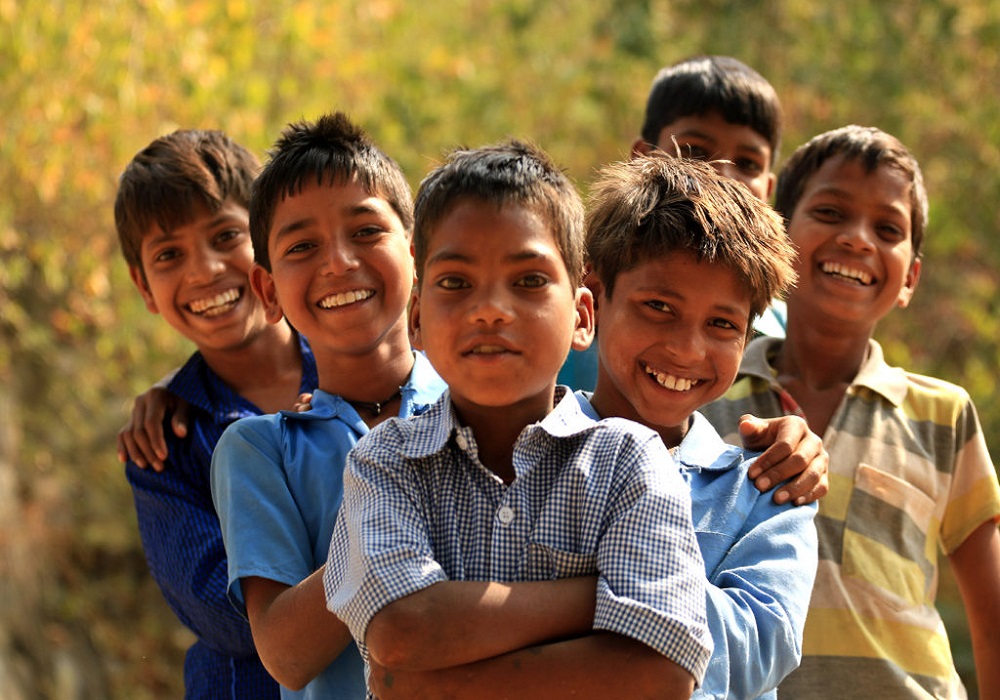In the diverse tapestry of India, the protection and well-being of its youngest citizens are of paramount importance. Recognizing this, the Constitution of India enshrines fundamental rights specifically designed to safeguard the interests of children. This ensuring that these rights are not only upheld but also actively promoted is essential for nurturing a generation that thrives in a secure and supportive environment.
1. Right to Education
The Right to Education (RTE) Act, a landmark legislation, ensures that every child in India has the right to free and compulsory education up to the age of 14. This fundamental right also lays the foundation for a brighter future, empowering children with the knowledge and skills necessary to lead fulfilling lives.
2. Right to Nutrition and Health
Every child has the right to adequate nutrition and healthcare. The Integrated Child Development Services (ICDS) scheme and the National Nutrition Mission work towards fulfilling this right by providing supplementary nutrition, immunization, and healthcare services. A healthy start is fundamental to a child’s holistic development.
3. Right to Protection Against Exploitation
The Constitution protects children from any form of exploitation. Provisions against child labor, trafficking, and hazardous work ensure that children are shielded from exploitation. Thus allowing them to enjoy their formative years in a safe and nurturing environment.
4. Right to Play and Recreation
Recognizing the importance of play in a child’s development, the right to recreation is integral. The government initiatives and policies promoting playgrounds, recreational spaces, and cultural activities contribute to fostering a balanced and joyful childhood.
5. Right to Expression and Participation
Children have the right to express themselves and participate in matters that affect them. Encouraging their participation in decisions that impact their lives cultivates a sense of agency and citizenship from an early age, fostering responsible and engaged individuals.
CONCLUSION
The fundamental rights of a child in India lay the groundwork for a society that values, protects, and nurtures its youngest members. Upholding these rights is not only a legal obligation but also a moral imperative.
By ensuring access to education, nutrition, protection against exploitation, opportunities for recreation, and avenues for expression and participation, we also pave the way for a bright future where every child can blossom into their full potential.
It is through the active promotion and safeguarding of these fundamental rights that India can truly invest in the well-being and prosperity of its children. Thus shaping a generation poised for success and positive contribution to society.
Click here to know more about “Rights of Child in India”

